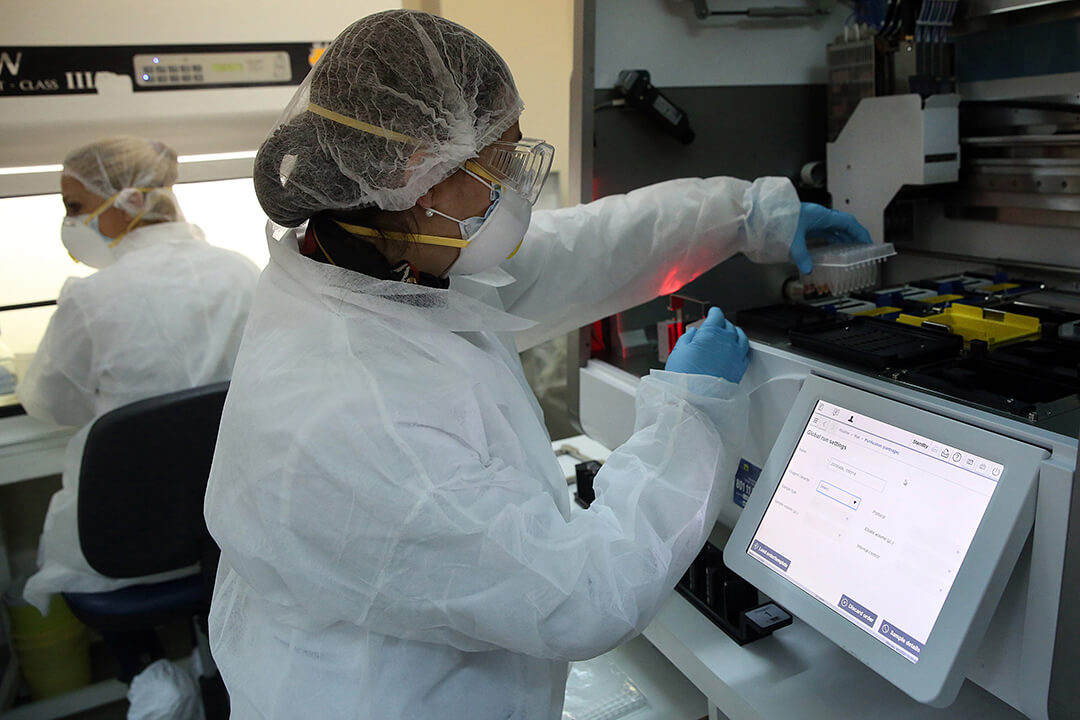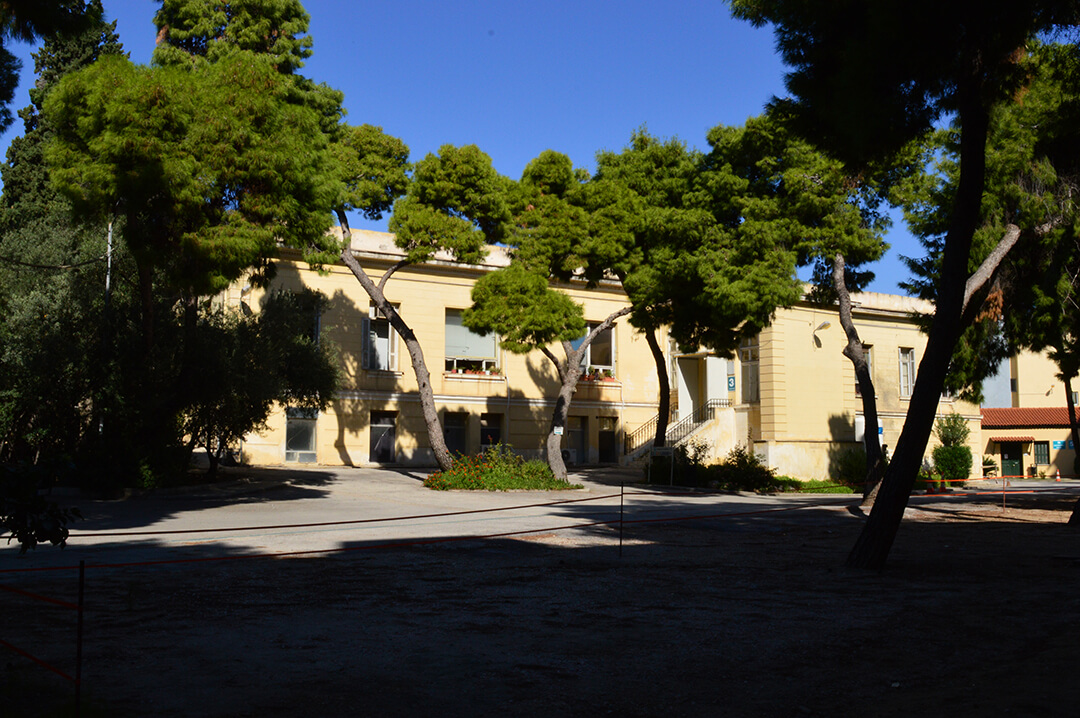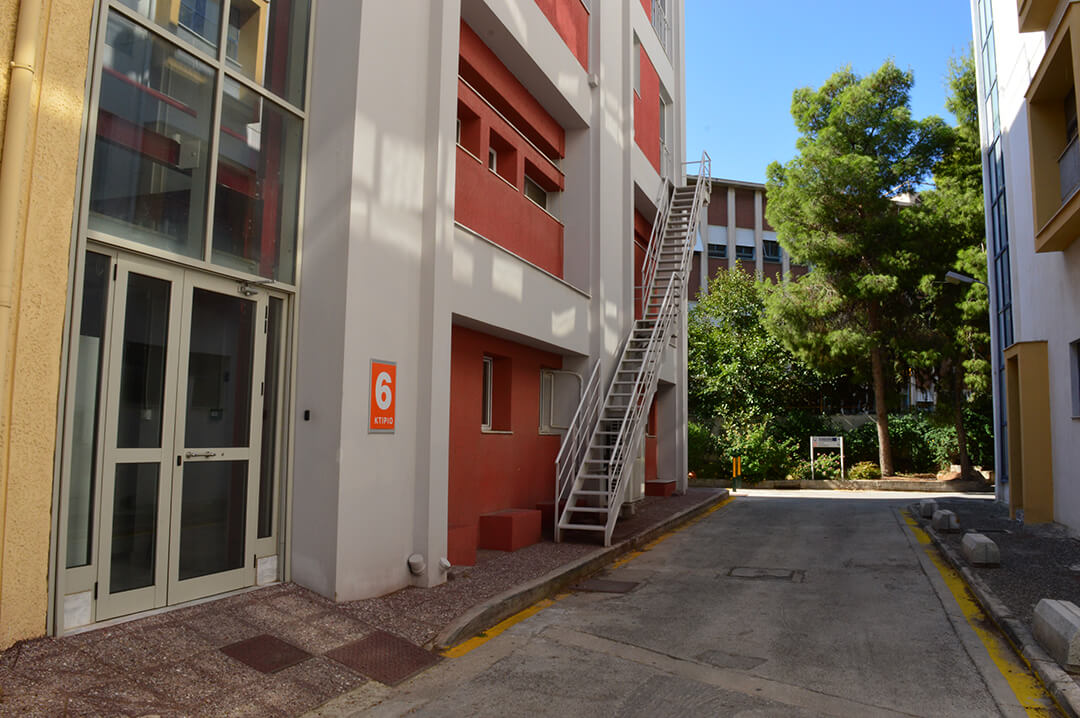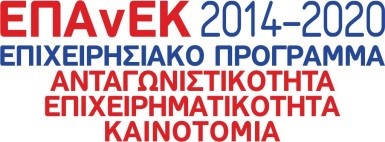Established in 1920, the Hellenic Pasteur Institute (HPI) has a long tradition in translational biomedical research, particularly in the field of Infectious Diseases, and a commitment to Public Health Services in collaboration with the Ministry of Health.
HPI is a private, non-profit organization supervised by the Ministry of Development and Investments and the Ministry of Health. The Institute functions in agreement with the Greek law for Research Centers and a Bilateral Agreement (3733/28-1-2009) between the Greek Government and the Institute Pasteur in Paris (IP Paris).
HPI is a member of the International Network of Pasteur Institutes (RIIP), which in turn maintains a strong scientific collaboration with the Institute Pasteur in Paris and other Pasteur Institutes in North and Central Africa, SE Asia, Europe and Canada. HPI has been recognized as the forefront Institute of the network in the Eastern European and Balkans region.
HPI has a modern Institutional framework with strategic objectives in line with the current European Scientific Community requirements.
Main objectives pertain to activities in:
- Basic and applied biomedical research with emphasis on human and animal infectious diseases
- Issues of Public Health
- Research in the development, production, storage and distribution of vaccines, biological and therapeutic agents, according to National Demands set by the Greek Authorities
- Education and training in issues relating to the above objectives.
- Biomedical Research
- Activities of the HPI aim to improve human health and well being through internationally recognized biomedical research, materialized by advanced technologies and translated towards the clinic through innovative diagnostic, prophylactic and therapeutic approaches.
- Research activities in HPI currently focus on three main scientific fields: a) Infectious Diseases of both humans and animals ,b) Immunology and Neurobiology, Inflammation and c) Cancer each having groundbreaking contributions to their fields , with a “One Health” approach.
- Public Health Services
A unique feature of HPI is its strategic role in investigating outbreaks, epidemics and/or pandemics in Greece. HPI provides services to the Ministry of Health and Social Solidarity through a well-organized and accredited Diagnostic Centre specialized in the rapid detection and diagnosis of bacterial, viral and parasitic diseases. Moreover, it contributes to the Ministry of Health, to the surveillance, prevention and control of infectious diseases program, by hosting a number of Reference Laboratories.
COVID-19
The Hellenic Pasteur Institute (HPI) since the emergence of SARSCOV2, has been at the forefront of the fight against COVID-19 pandemic being a designated National Reference Center for the new coronavirus with its biosafety laboratory 3 (BSL3) infrastructure.
In order to promote scientific knowledge and innovation, HPI has launched and conducted research studies to understand the action of the new coronavirus, its pathogenetic mechanisms and epidemiology as well as to develop new diagnostic and therapeutic tools. Based on its well-documented expertise and experience in infectious diseases, with internationally established research departments of the Respiratory Infections Reference Laboratories and research laboratories of Virology, Immunology and Neurobiology, HPI is at the forefront of modern biomedical research.
- Vaccines and biological agents’ production
A Vaccine Unit equipped with a modern Quality Control Laboratory provides vaccines to the Public Sector and assessment control on vaccines and biological products on behalf of the Greek Ministry of Health and of the National Drug Organization (EOF).
- Responsible Research and Innovation
HPI is a pioneer in the implementation of the Responsible Research and Innovation issues. Our belief, is that Science communication, and Science Education are of paramount importance. Many activities aiming to the active public engagement are developed such as collaborations with patients associations, collaborations with municipalities in order to raise public awareness on scientific issues.






















